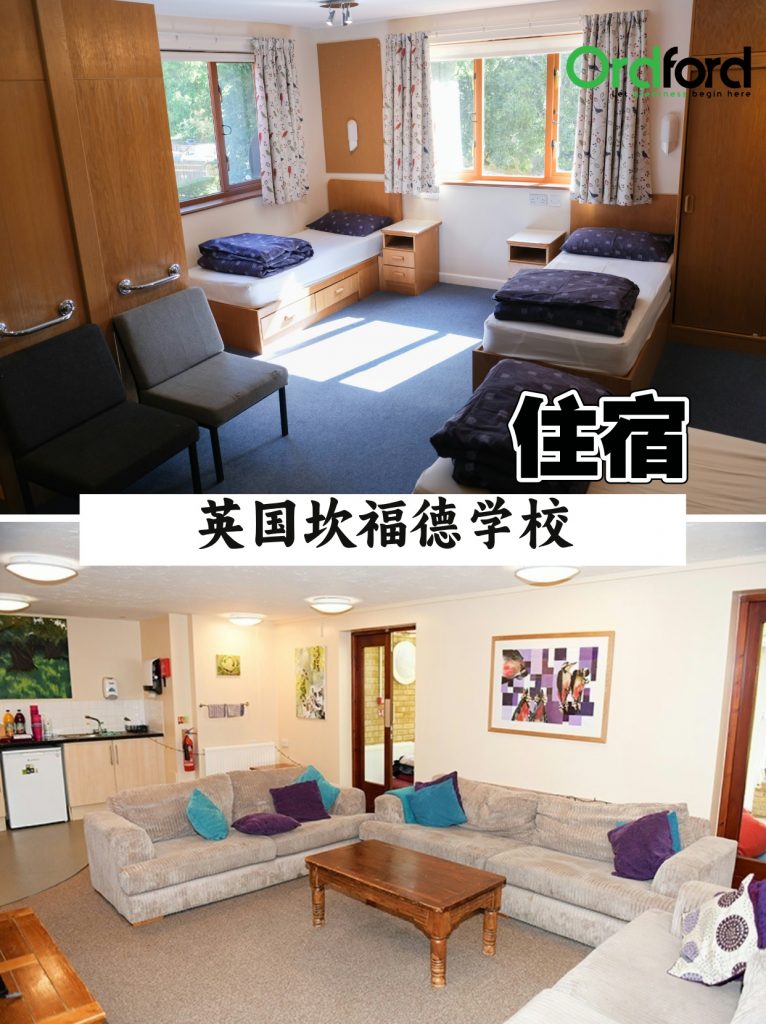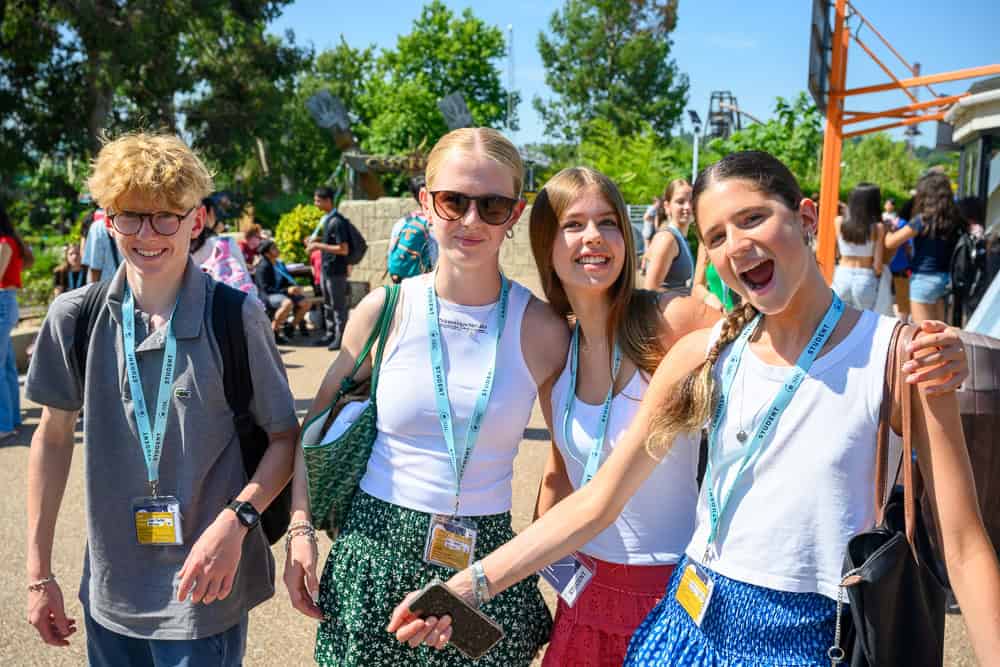Your cart is currently empty!
Summer camp is crucial to the growth of teenagers because it provides a unique environment to help children develop multiple key abilities outside the classroom.
Practical training of social skills Interacting across backgrounds: living with strangers of the same age, breaking the fixed social circle of the school, and exercising the ability to adapt quickly. For example, you need to cooperate with others to complete the tent building within 48 hours.
Conflict resolution training: naturally generate conflicts in group activities (such as the division of duty), and guide children to negotiate and resolve them independently. According to the data of the American Summer Camp Association, 83% of campers’ conflicts do not require staff intervention.


Stress test of self-management.Self-discipline under limited supervision: you need to manage your own washing, organizing items and other matters every day. A Japanese study found that the rate of homework forgetting after school for children who participated in summer camps was reduced by 67%.Risk decision-making opportunities: allow choices within a safe range (such as hiking routes) and bear natural consequences (choosing a difficult route may be tiring but you can see better scenery)
Unstructured learning for cognitive development
Application of situational mathematics: practice mathematical concepts by measuring fishing distances, allocating picnic ingredients, etc. Cambridge Education Research shows that the retention rate of this kind of learning is 40% higher than that in the classroom.
Natural cognitive revolution: stargazing at night directly establishes the concept of celestial movement, reducing 62% of cosmic cognitive misunderstandings compared to textbook teaching.
Immersive training of resilience
Controllable frustration experience: self-regulation when exhausted in the middle of rock climbing, outdoor cooking as usual in a rainstorm. This “safety danger” improves psychological resilience, and the effect lasts to workplace performance in adulthood.
Cognitive reboot of digital withdrawal
In an environment without electronic devices, the average attention span is extended from 7 minutes to 23 minutes (Stanford University tracking data), and sensory sensitivity is significantly improved.
Early verification of career interests
Archaeological theme camps may allow children to discover their love for history, while robotics camps may extinguish some people’s fantasies about programming. This low-cost trial and error is of great value.
Contemporary upgrade form: High-quality summer camps have developed into “growth laboratories”, equipped with professional observers to provide development evaluation reports, and some projects can be mutually recognized with school credits. This high-intensity, highly interactive growth accelerator has an educational density 3-5 times that of regular campus life.

